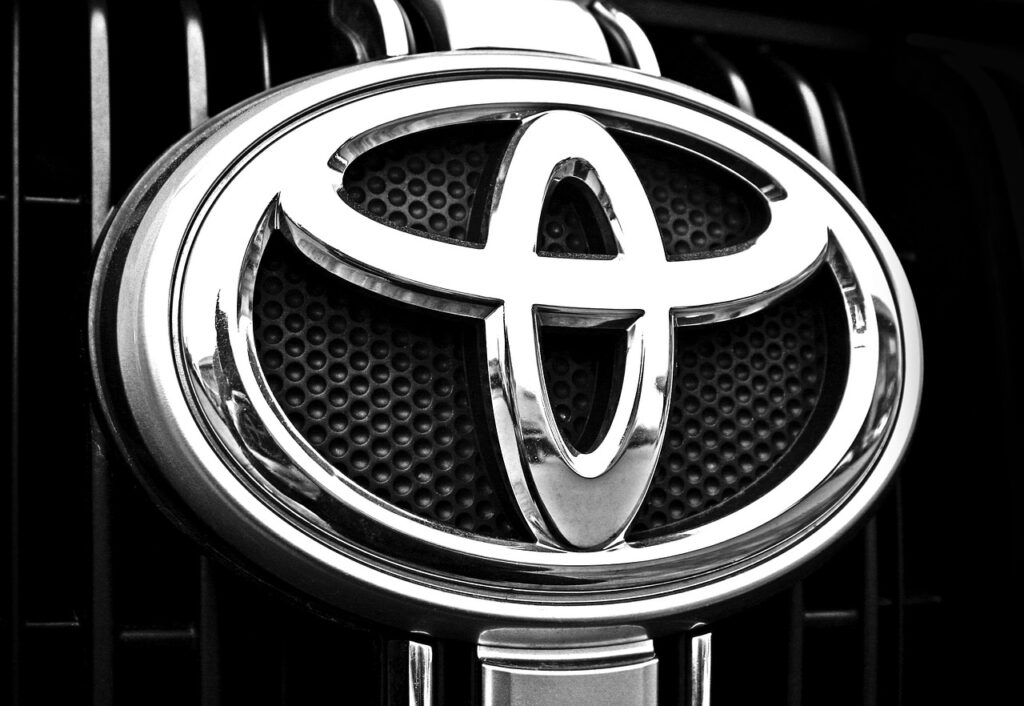Toyota, a leading name in the automotive industry, is making a significant pivot. The Japanese automaker has decided to shift its focus in hydrogen fuel-cell technology development from passenger cars to commercial vehicles. The rationale behind this decision and its implications for the future of green transportation are worth exploring.
For years, Toyota has been at the forefront of fuel cell electric vehicle (FCEV) technology, with the iconic Toyota Mirai as a prime example of its commitment to hydrogen-powered passenger cars. However, the widespread adoption of FCEVs has not materialized as expected, largely due to the complex challenge of establishing an extensive network of hydrogen refueling stations. The limited availability and feasibility of such refueling infrastructure have constrained the growth of hydrogen vehicles.
Hiroki Nakajima, Toyota’s Technical Chief, acknowledges this issue, stating, “Hydrogen stations are very few and difficult to realize, so Mirai is smaller [in volume].” This recognition has led Toyota to rethink its hydrogen strategy.
In contrast to passenger cars, commercial vehicles present a more suitable canvas for hydrogen technology. These larger vehicles pose unique challenges when it comes to electrification, primarily due to the size and weight requirements of batteries. Hydrogen fuel cells, with their potential for extended range and rapid refueling, are better suited for mid-size and heavy-duty trucks, buses, and other commercial applications.
While Toyota is shifting its primary hydrogen focus to commercial vehicles, it’s important to note that the company is not giving up on hydrogen-powered passenger cars. Instead, it is exploring ways to downsize key components, including the fuel cell stack and hydrogen tanks, to make FCEVs applicable to different types of vehicles. The flexibility of hydrogen technology allows it to span various segments, from compact cars to larger commercial vehicles.
Additionally, pickup trucks have surfaced as potential candidates for hydrogen adoption, given their versatility and demands for reliable power.
Toyota is not just banking on hydrogen; the company is also investing in advanced battery technologies. In the near term, Toyota plans to launch its solid-state battery technology around 2027 or 2028. Solid-state batteries are regarded as game-changers for electric vehicles, as they promise to increase energy density, reduce battery size and weight, and decrease production costs.
However, Nakajima notes that the initial wave of solid-state batteries will be expensive, and their use will likely be confined to high-performance vehicles or those with high-performance charging systems. This presents a transitional phase before broader adoption.
In the meantime, Toyota is gearing up to introduce its latest lithium-ion battery technology in 2026. These batteries will feature downsized components, from e-axles to HVAC systems and battery packs, allowing them to be integrated into a wider range of vehicles, including lower-end Lexus saloons and Toyota sports cars.
The innovation and adaptability displayed by Toyota reflect a commitment to greener and more sustainable transportation solutions. The synergy of hydrogen and advanced batteries signals a shift toward a cleaner, more diverse future in the automotive industry.





